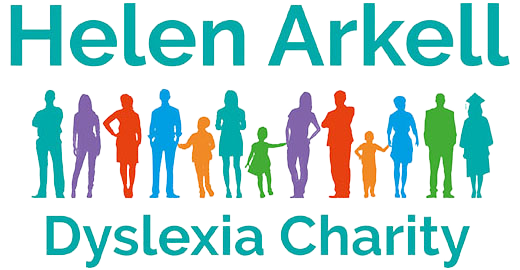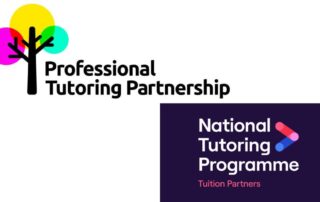Professional Tutoring Partnership Report
In the midst of the pandemic Helen Arkell Dyslexia Charity joined forces with Real Training, the Dyslexia Guild, Patoss, Dyslexia Action and the British Dyslexia Association to help over 1,000 learners across the UK, who were in particular need of help and were falling behind. We called ourselves the Professional Tutoring Partnership for the purpose of this joint project.
During the project we collected ‘before and after’ data which has now been analysed and you can see it here: https://tutorpartnership.com/
Highlights are the fact that our specialist teachers succeeded in significantly enhancing the learners’ engagement with school, as well as improving their learning behaviours.
We are proud that Helen Arkell took part in this project at a time when the country was really struggling, and the effects upon disadvantaged children were particularly noticeable. We are also proud of how our respective organisations came together to work as one united team, at a time of crisis in the world at large.





